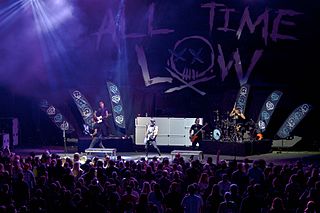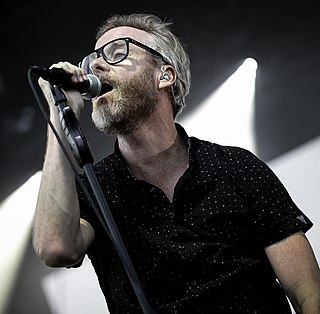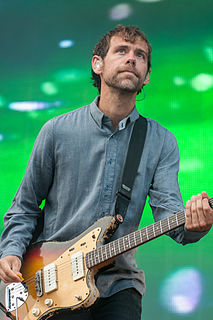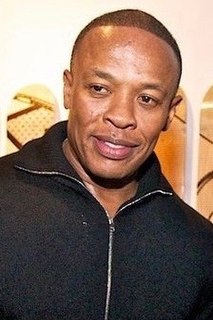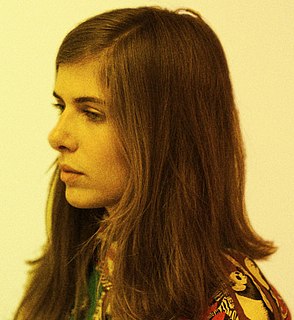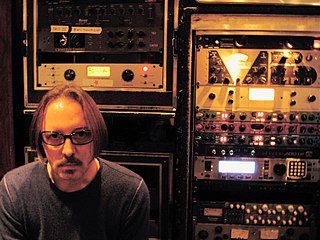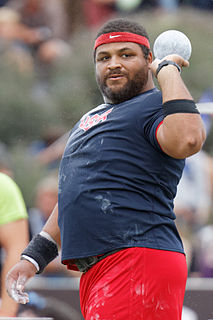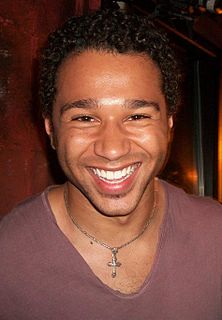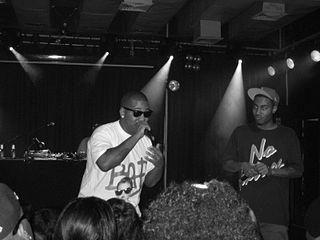A Quote by Washed Out
When you work this intensely on something, the recording process becomes a bit like cabin fever. I shut everything out and, for a while, I totally lost perspective. To an outsider, I imagine the whole recording process sounds like torture.
Related Quotes
You need 10,000 hours to figure out how to be good at something and I agree with that to a certain extent. It's like everything you do to lead up to a great recording or great performance is everything you've done in the past and you can't just, it's rare that someone wakes up in a void and goes and wakes up and makes the most brilliant recording or performance.
The recording process was basically me meeting with different writers, going into their studio, starting a song and just hanging out and chatting and getting to know how they work. Everybody has a different writing process so there was a lot of getting to know people, which can be fun and stressful at the same time.

